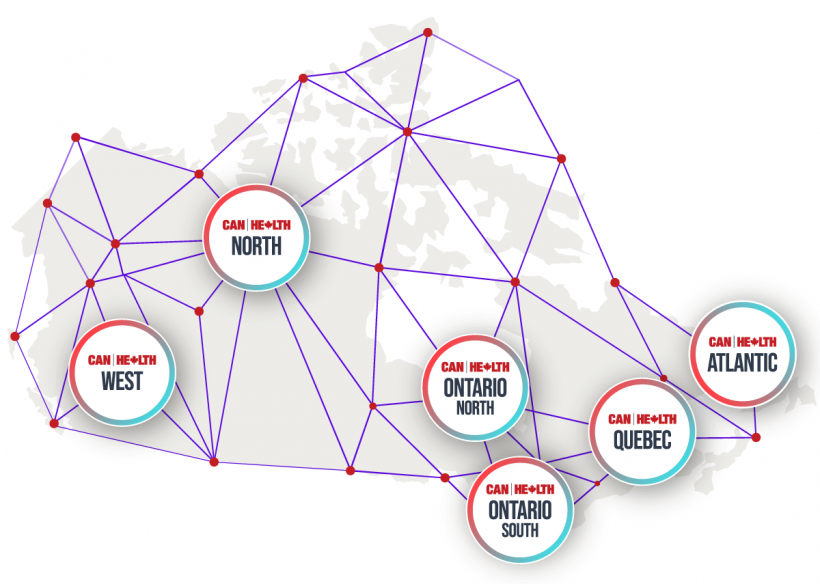A network of public health organizations created to support Canadian medtech businesses is expanding into the Atlantic provinces, with an eye towards giving local startups an edge on their American competitors.
The CAN Health Network organizes public health agencies and private health companies to give Canadian businesses advance notice about planned medtech tenders. In Atlantic Canada, six public health agencies and two private companies have signed on.
As part of the network’s expansion plans, the Atlantic Canada Opportunities Agency is giving New Brunswick’s Horizon Health Network a $2.2 million grant to cover CAN Health-related costs.
“We’re trying to get members across the country committed to giving Canadian companies advantages that they didn’t have before,” said CAN Health executive lead Gary Ryan. “We’re trying to get all those buyers to change their buying behavior and give Canadian companies a leg up so that more Canadian companies can win tenders and requests for proposals.”
CAN Health is now active in three of the six economic regions defined by the federal government: Western Canada, Southern Ontario and Atlantic Canada. The other three – Northern Ontario, Quebec and the North – will come later.
The Atlantic Canadian organizations that have signed on are Eastern Health in Newfoundland, the Nova Scotia Health Authority, Health PEI, both of New Brunswick’s health agencies, long-term care provider Shannex Inc. and paramedic company Medavie.
Ryan said the network’s goal of encouraging healthcare providers to buy from domestic companies is motivated partly by an increasing trend of Canadian health spending flowing to American companies. Of the three companies that own most of the electronic medical records market in this country, for example, all are based in the United States.
“We've now essentially lost that market to the Americans,” said Ryan. “The question is, can we prevent losing other healthcare markets? And especially now with COVID, where the whole healthcare system is being disrupted very quickly.”
Densitas Inks Deals With NS, NB, PEI
When CAN Health’s member organizations encounter a problem that they want to solve by hiring an outside company, they start by finding a Canadian business that they believe can provide the help they need.
Then, they give that company access to the internal workings of their organization for a limited time period, such as six months. During that time, the company completes a smaller project, giving them the chance to demonstrate their bona fides to the CAN Health member.
While the smaller project is under way, CAN Health also conducts market research to identify what other companies are likely to bid on an eventual tender, and gives that information to the Canadian medtech company.
When the CAN Health member finally puts its large project out to tender, including to international bidders, the Canadian company has had the opportunity to study its competitors’ product offerings and create a solution more specifically tailored to the needs of the CAN Health member.
For example, Ryan said, American healthcare software often includes elaborate, expensive-to-develop systems for billing patients. A company selling to a Canadian buyer would not need to include a complex billing system, and so could develop a competing product for a lower price.
The tender documents also include the option for each of CAN Health’s member organizations to purchase the resulting product. This can save them time and money by reducing the number of tenders they have to issue, and help startups scale faster by letting them bid for an entire network of buyers simultaneously.








